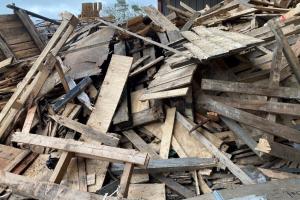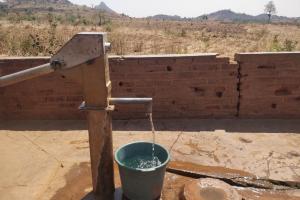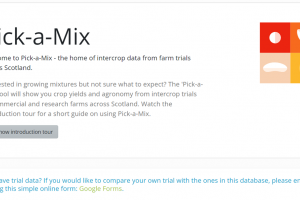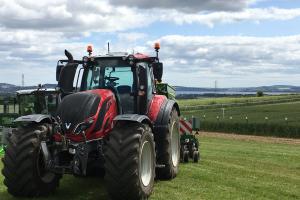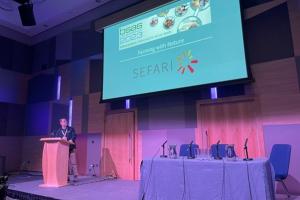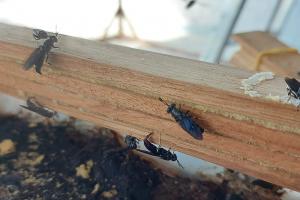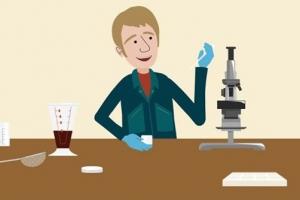Overconsumption and high levels of resource use are challenges contributing significantly to the climate and biodiversity crises. Scotland is currently only 1.3% circular, meaning that over 98% of the products consumed in Scotland come from newly extracted materials, and only a small proportion of these materials are ‘cycled back’ into use in the economy. In other words, most of what we buy, use or consume in Scotland is not reused again within Scotland, despite the huge potential to do so.
To help a group of scientists and experts across Scotland’s Scottish Environment, Food and Agriculture Research Institutions (SEFARI) build their skills around media engagement, SEFARI Gateway recently funded two media training sessions with former senior editors who now specialise in media training and strategic content at Second City Creative.
The sessions were organised by Elaine Maslin (from The James Hutton Institute) and in this blog Elaine talks about the training and shares some useful practical tips.
We are well into the summer holidays and you might be dreaming of a desert island getaway. Well, look no further. It’s time to pack your bags and join us on Solarpunk Island!
One important and often overlooked aspect of PhD training is the chance to meet other researchers in the same or similar field as you, allowing for knowledge exchange and the forging of new connections.
Therefore, when the opportunity to visit other institutes across SEFARI arose, Karen wanted to capitalize on this. In this blog, find out about Karen’s experience as part of the SEFARI Gateway PhD Exchange Scheme - SEFARI’s second student to make the most of this opportunity.
Serious gaming is a growing field in which games are used to provide a fun and educational method of science communication. Gaming offers opportunities in communicating challenging and complex issues to stakeholders and communities to improve land management practices.
The way we currently produce food and other agricultural products is under threat from the changing climate, depleted biodiversity, and declining availability of natural resources used to boost productivity. We know that farming systems need to shift towards co-delivering for nature and net zero, but this needs to happen without compromising production and food security.
On the 4th of July Arable Scotland returns for the 5th year, a field event which is becoming a firm favourite in the calendar with everyone interested in food production. Farmers, producers, researchers and the policy community come together to discuss key issues such as innovative and sustainable farming.
SEFARI researchers and SEFARI Gateway colleagues will be joining in the conversations at Arable Scotland again. In this blog, find out more about which colleagues will be there and how our research is supporting the arable sector.
SEFARI Gateway was delighted to sponsor and host a session at the British Society of Animal Science (BSAS) Conference at the Birmingham International Conference Centre at the end of March. Its annual conference regularly attracts several hundred delegates, drawn from across academia and the livestock sector.
BSAS is a charity that ‘works to improve the understanding of all aspects of animal science and to ensure research and knowledge transfer has a practical and beneficial application’, so you can see the obvious parallel with SEFARI!
Scotland has the potential to become a global leader in the insect farming and industry, which could help with circular economy objectives, reducing food waste, and support the aquaculture, agriculture, and food and drink sectors. Equally, as there is an increasing demand for sustainable protein sources for animal feed in the country, insects could reduce our dependence on imported protein sources and create opportunities for local production.
Roundworms are an ongoing challenge for sheep farmers in Scotland, threatening the health and welfare of animals. Whilst acute infection can be fatal, most roundworm infections result in poor growth rates and reduced production efficiency. To meet upcoming environmental targets, roundworm infections must be controlled effectively and sustainably.
